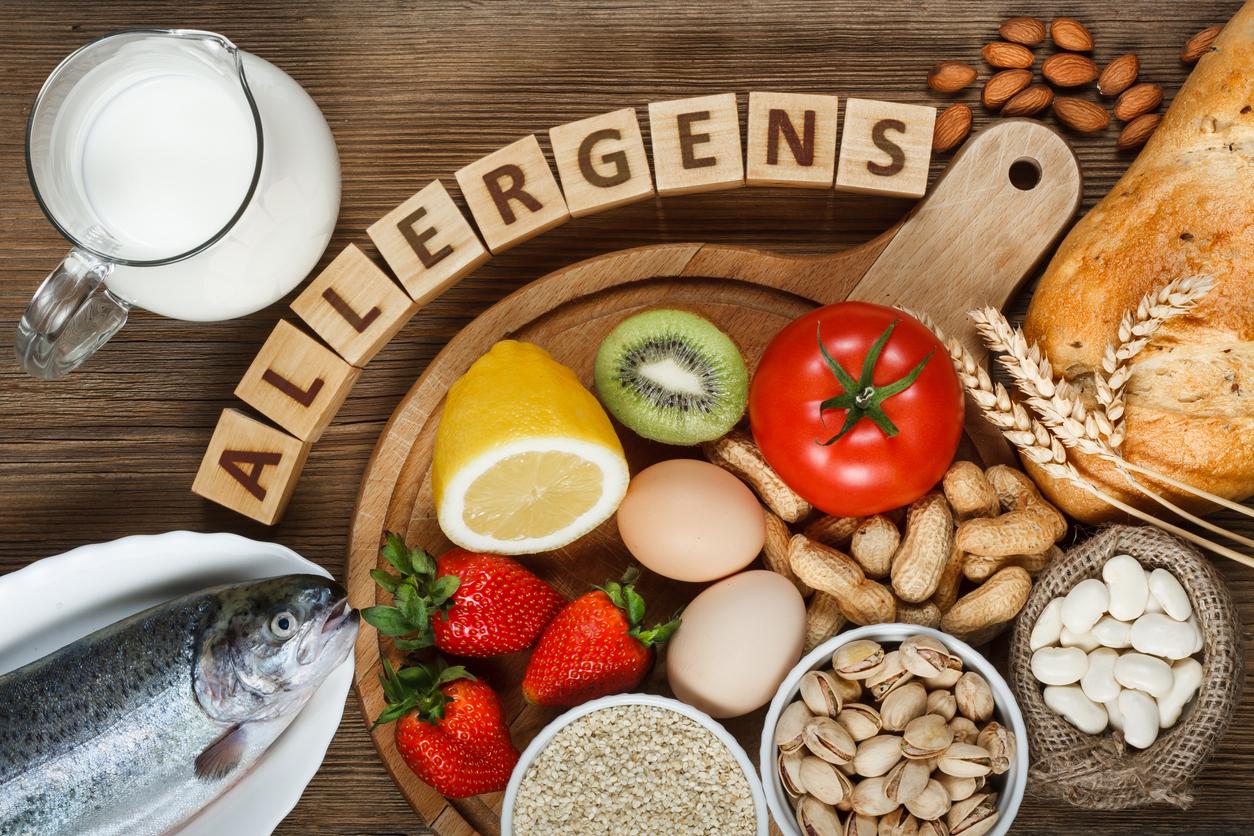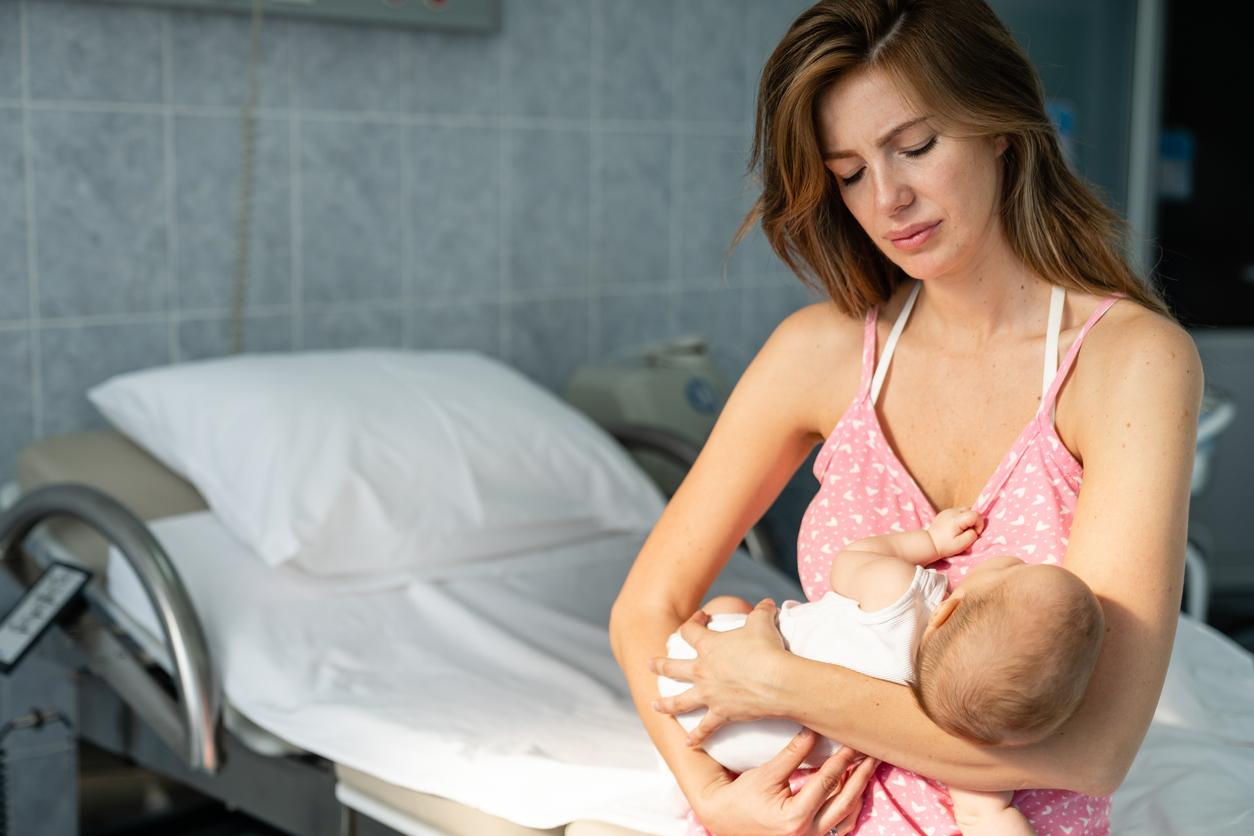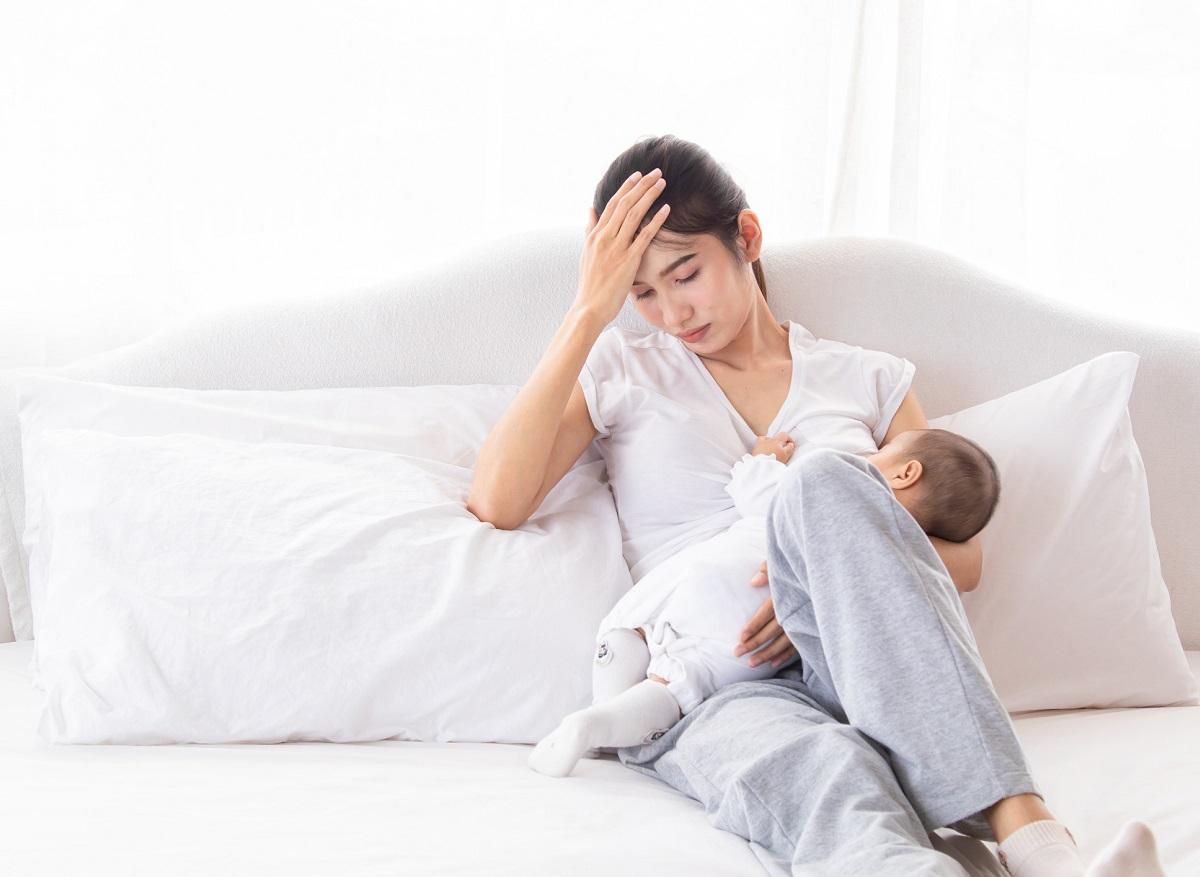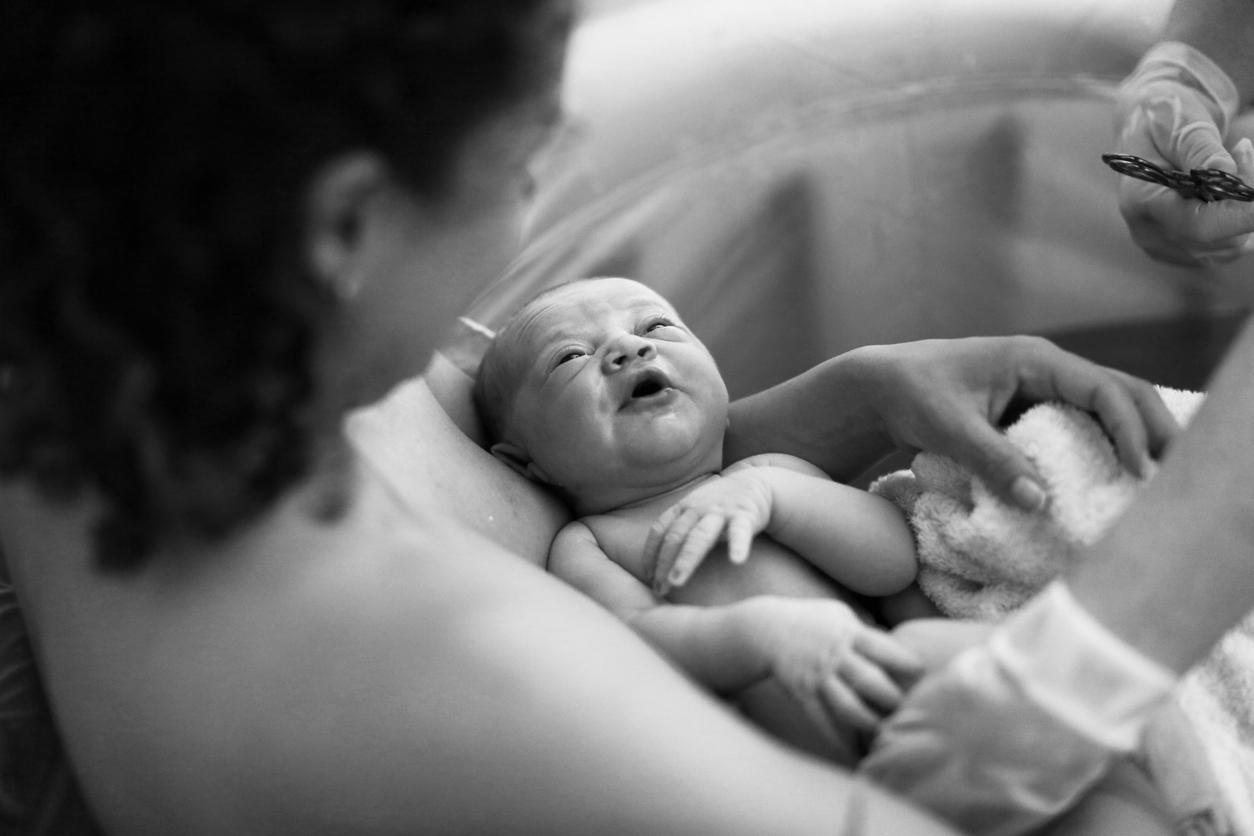Babies born by caesarean section are no more likely to suffer from food allergies at 12 months of age than infants born vaginally.

- Australia has the highest rates of childhood food allergies in the world, with around one in ten infants and one in twenty children over the age of 5 suffering from this set of abnormal immune reactions.
- According to the Murdoch Children’s Research Institute, 30% of peanut allergies and 90% of egg allergies resolve naturally by age 6.
“The link between mode of delivery and risk of food allergy is unclear due to the lack of studies that include both the outcomes of proven food allergies and detailed information about the type caesarean section”, said scientists from the Murdoch Children’s Research Institute in Australia. This is why they decided to carry out a study published in the journal The Journal of Allergy and Clinical Immunology: In Practice. In the latter, they assessed whether emergency or comfort caesarean section, delivery by caesarean section with or without induction of labour, is associated with a risk of food allergy in children.
For the purposes of this work, the researchers analyzed data from 2,045 12-month-old newborns from the HealthNuts cohort. During this research, infants completed a skin prick and oral food challenge test to determine food allergy status. This information was synchronized with data from the Victorian Perinatal Data Collection to find out birth factors.
No link between caesareans and food allergies
According to the results, of the 30% of children born by caesarean section, 12.7% had a food allergy, compared to 13.2% for children born vaginally. “We found no significant difference in food allergy between children born by caesarean section and those born naturally,” said Rachel Peters, author of the study, in a statement. Additionally, there was no difference in the likelihood of food allergy whether the caesarean was performed before or after the onset of labor, or whether it was an emergency caesarean or not.
According to Rachel Peters, for several years it was thought that a potential link between caesarean section and allergy might reflect differences in early microbial exposure (from bacteria in the mother’s vagina) during childbirth. “The infant’s immune system develops rapidly during the neonatal period. The mode of delivery can interfere with the normal development of the immune system. Babies born by caesarean section are less exposed to bacteria from the mother’s gut and vagina , which influences the composition of the baby’s microbiome and the development of their immune system. However, it does not appear to play a major role in the development of food allergy.” she added.

















